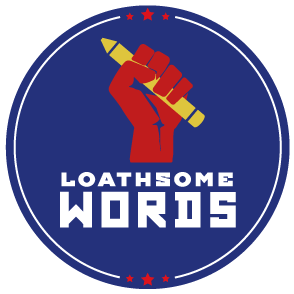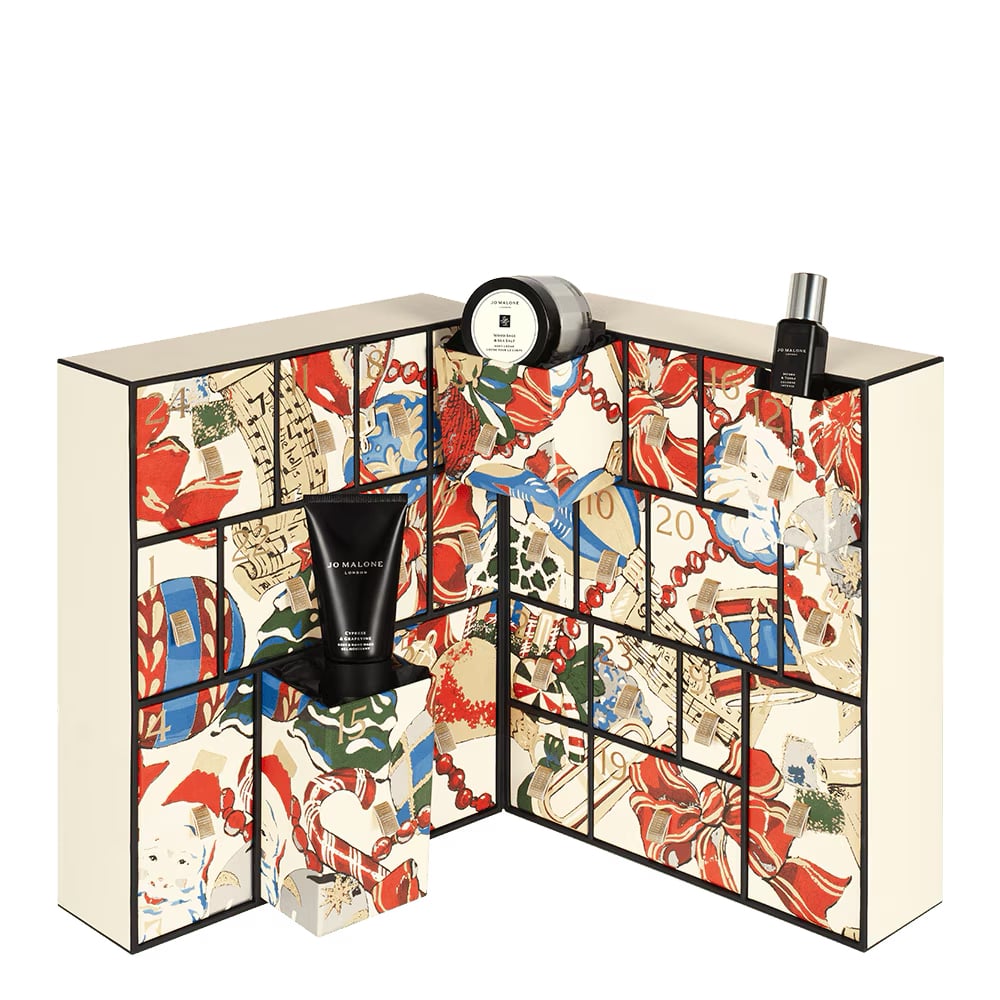 I’ve been tweeting my #loathsomewords for about three months, and I just discovered I’ve already publicly loathed the same word twice without even realizing it. I’d call that a column demanding to be written. Back in February, I tweeted this:
I’ve been tweeting my #loathsomewords for about three months, and I just discovered I’ve already publicly loathed the same word twice without even realizing it. I’d call that a column demanding to be written. Back in February, I tweeted this:
Loathsome word of the day: gift (v.) #loathsomewords
— Bill O'Sullivan (@billmatto) February 27, 2016
Then, two months to the day later:
Loathsome word of the day: "gift" as a verb. Among the worst, most pointless locutions ever. Try "give" or "give as a gift." #loathsomewords
— Bill O'Sullivan (@billmatto) April 27, 2016
Of all the nouns pressed into service as verbs—impact or source, say—gift is in a category of its own.
While impact has probably been in use most of my adult life and I hardly like it better than I did when I first heard it (affect means the same thing, has a distinguished history, and carries no baggage of business-world-speak), you could argue that impact has a forcefulness that affect lacks. I’m not sure you’d convince me, but you could argue that.
Source—as in “the restaurant sources all of its ingredients locally”—made me cringe the first 50 to 60 times I came across it over the last decade, but at least it has a specific, established meaning in the food world. I even let it go from time to time, though I do change some instances to obtain or get, for the sake of word variety if nothing else.
But gift! There’s virtually no difference between it and give. “He gifted his dad with a watch for Christmas” is nonsensical because the context makes it clear the watch is a gift. You don’t save any time or space on the page. In fact, you’re adding a word, with (though I’ve also seen it used without the preposition, albeit more rarely: “He gifted him a watch”). If you want to underscore that it’s a present and not simply a hand-off, you could say: “He gave his dad a watch as a Christmas gift.”
This calls to mind the so-called portmanteau word, defined as one “formed by combining the sounds and meanings of two different words,” such as chortle (from chuckle and snort), smog (smoke and fog), or brunch (breakfast and lunch). Gift-as-verb has portmanteau pretensions, but the two words in question are etymologically related to begin with, so the effort is ludicrous. It’s like trying to make life into a verb: “She lifed happily until the day she died.” The part’s already been filled. Thanks for showing us what you can do. Next!
I was glad to see that others shared my feelings about gift. One reader tweeted:
I hear this all the time in the library world. #gross https://t.co/36jif39ZBf
— Leah R (@RareLeah) April 28, 2016
As it happened, the second of my anti-gift tweets appeared the day before the debut of my Loathsome Words column (whose first subject was signage). A former colleague tweeted congratulations:
@billmatto, so excited for the new column! A suggestion: using "gift" as a verb, as in, "I was gifted a beautiful book." Awful.
— Mary Clare Glover (@maryclareglover) April 28, 2016
I was not at all offended she’d missed my tweet the previous day. But the next day, I edited an article for the magazine by an otherwise very good writer that contained that same dreaded noun masquerading as a verb.
Copyediting—the gift that keeps on gifting.


















